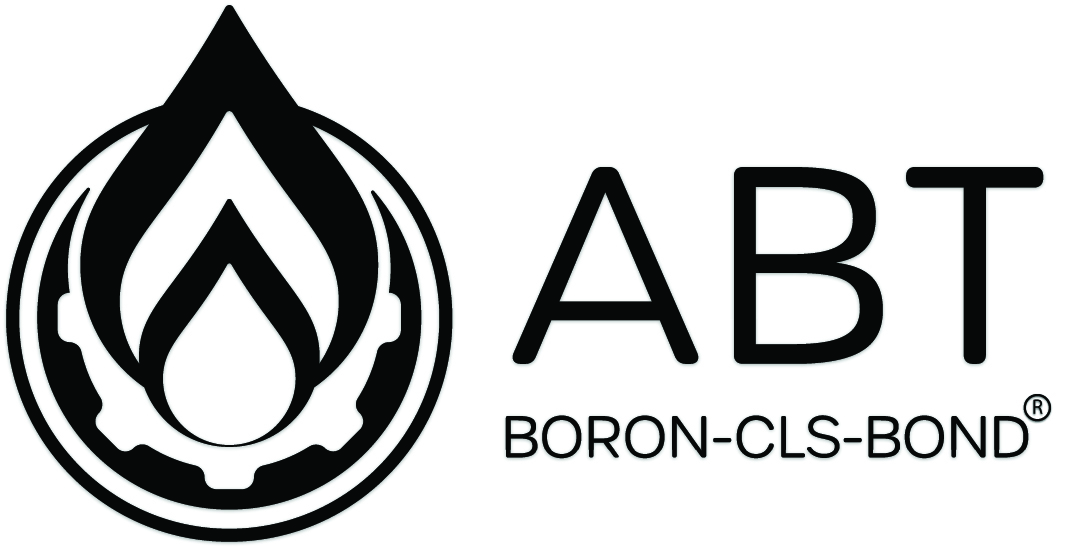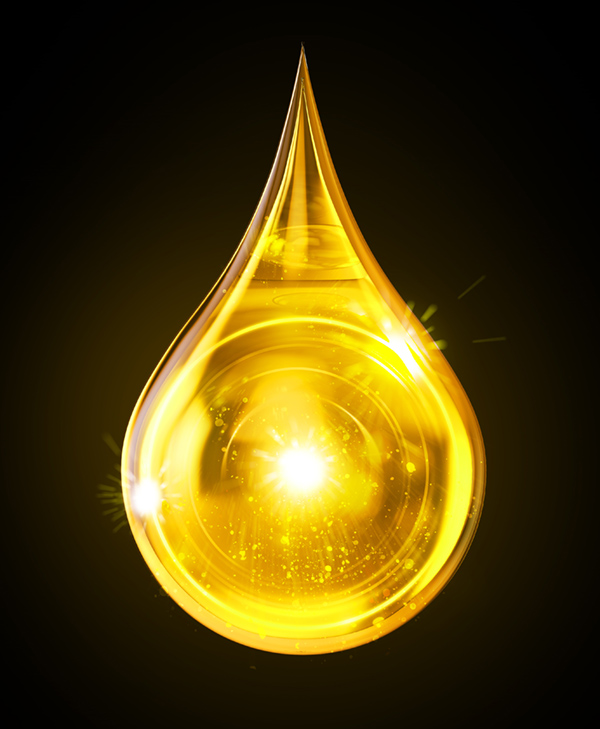Is CBD Addictive? Can You Get Addicted to Hemp Oil?
This record helps identify patterns and determine your ideal amount for pain relief or other benefits. Start with a very low dose (5-10mg) is cannabidiol addictive and increase gradually every few days while monitoring effects. This “start low, go slow” approach is particularly important for seniors whose bodies may process CBD differently.
How does increased alcohol tolerance affect a person?
The brain releases dopamine when you do something good, which rewards you and makes you want to do it again. From a social standpoint, it is commonly believed that drug addiction shows that a person lacks self-discipline, is weak or lacks morals. High-quality CBD in the United States comes from industrial hemp, not marijuana. CBD may help decrease pain and inflammation throughout the body and improve recovery from physical exertion.
What are the Benefits of CBD Oil?
Or, it may interact with CB2 receptors in immune tissue to reduce swelling around joints. On the other hand, drug rehab experts have affirmed, repeatedly, that residential treatment at a private clinic works better than any other treatment option available. Whilst the use of CBD for treating addiction is still undergoing research, it cannot be said for sure whether or not it is a suitable, or long lasting, treatment option. CBD also performed in a similar way to a placebo on self-reported feelings of intoxication.
Included human studies
Dependent users (i.e., those with a severity dependence scale score ≥3), showed reduced anxiety, depression, and psychotic-like symptoms after a 10-week treatment with CBD, compared with nondependent users 63. However, studies that include individuals with more symptoms at baseline can show greater reductions after treatment. Therefore, it is difficult to determine whether symptom severity is truly a patient characteristic that could predict better outcomes after CBD treatment.
Prolonged Use of Certain Substances
It’s shown to mediate the inhibition of dopamine in the basal ganglia 1. In the case of stimulant drugs such as cocaine, this system is stimulated synthetically, causing us to repeat the process to get another hit of oxytocin. Hemp and marijuana come from the same family of plants — Cannabis sativa L. — but they are different in terms of their chemical profiles and the ratios between CBD and THC. Since THC can be habit-forming, it’s important to know the difference between CBD oil sources.
CBD from Hemp vs. CBD from Marijuana
CBD, being a component of cannabis, has been studied for its potential role in cannabis addiction. Psychostimulant addiction, including addiction to controlled substances like cocaine and amphetamines, is another major concern in society. While research on the effects of CBD on psychostimulant addiction is limited, some studies have shown promising results.
What Are The Effects Of CBD?
- While promising, more research is needed to understand how CBD might be utilized for the treatment of substance use disorders.
- Low-THC and hemp-derived CBD products have been approved by the FDA as a practical option for seizures and are often used to help patients with epilepsy.
- Moreover, this study administered CBD in a formulation that contained very little THC, which possibly explains why the participants preferred street cannabis.
- Poorly manufactured CBD from contaminated hemp plants or cheaply made extracts could contain traces of pesticides, heavy metal, solvents, and mold that can negatively affect one’s health when used long term.
- This increased activity positively affects pain, reduces anxiety disorders, stress, depression, sleep disorders, and obesity, among other things.
- You should let your doctor know if you are regularly using CBD so that he or she can check your liver enzymes periodically.
Seniors often take multiple prescription medications, leading to concerns about drug interactions and side effects. Many find CBD appealing as a more natural alternative with potentially fewer side effects than some conventional medications. This desensitization can contribute to the development of tolerance, where individuals need to consume larger quantities of marijuana to experience the desired effects. That said, using THC daily can negatively impact the endocannabinoid system, reducing the number of CB1 receptors in the brain.






